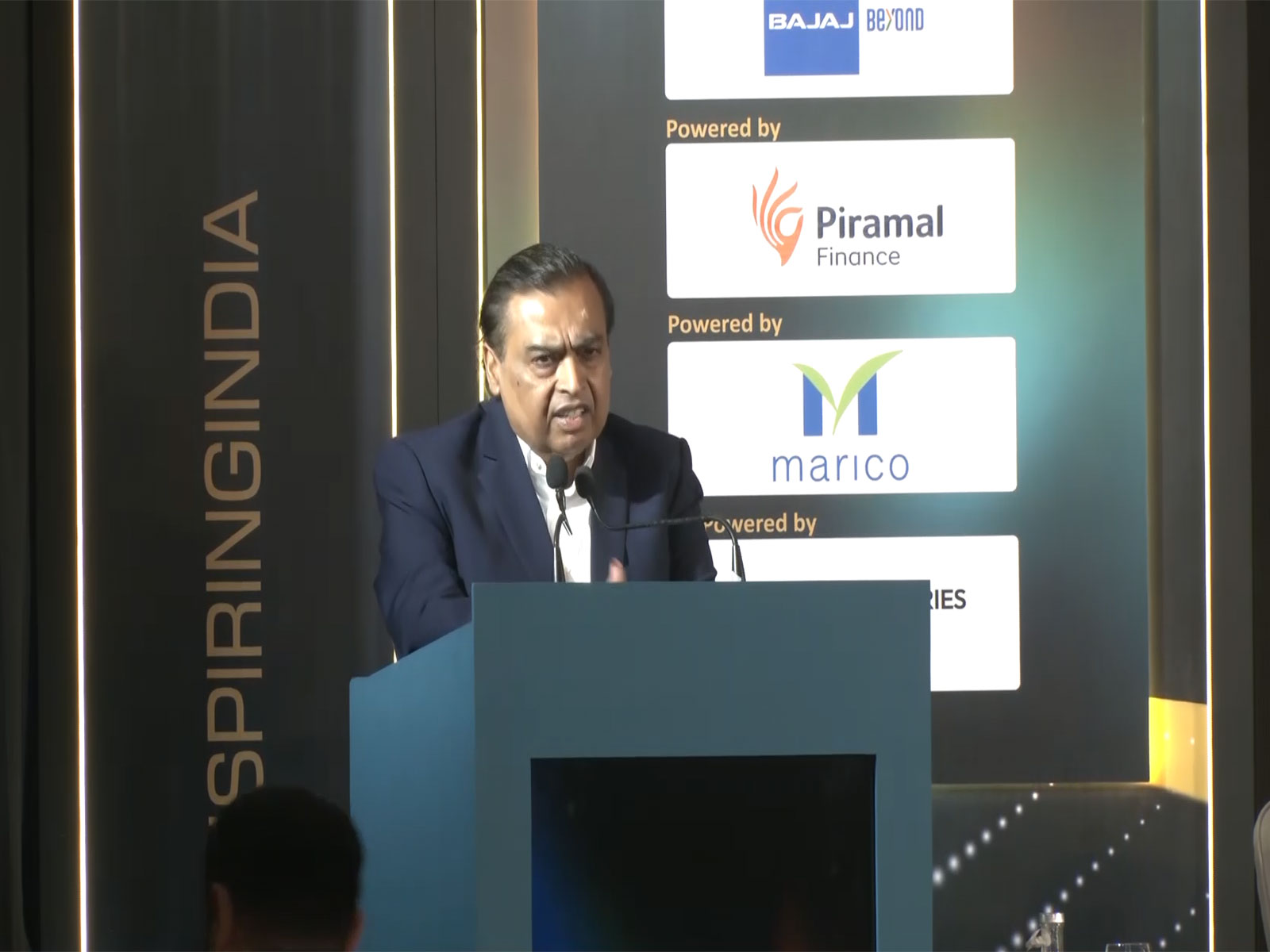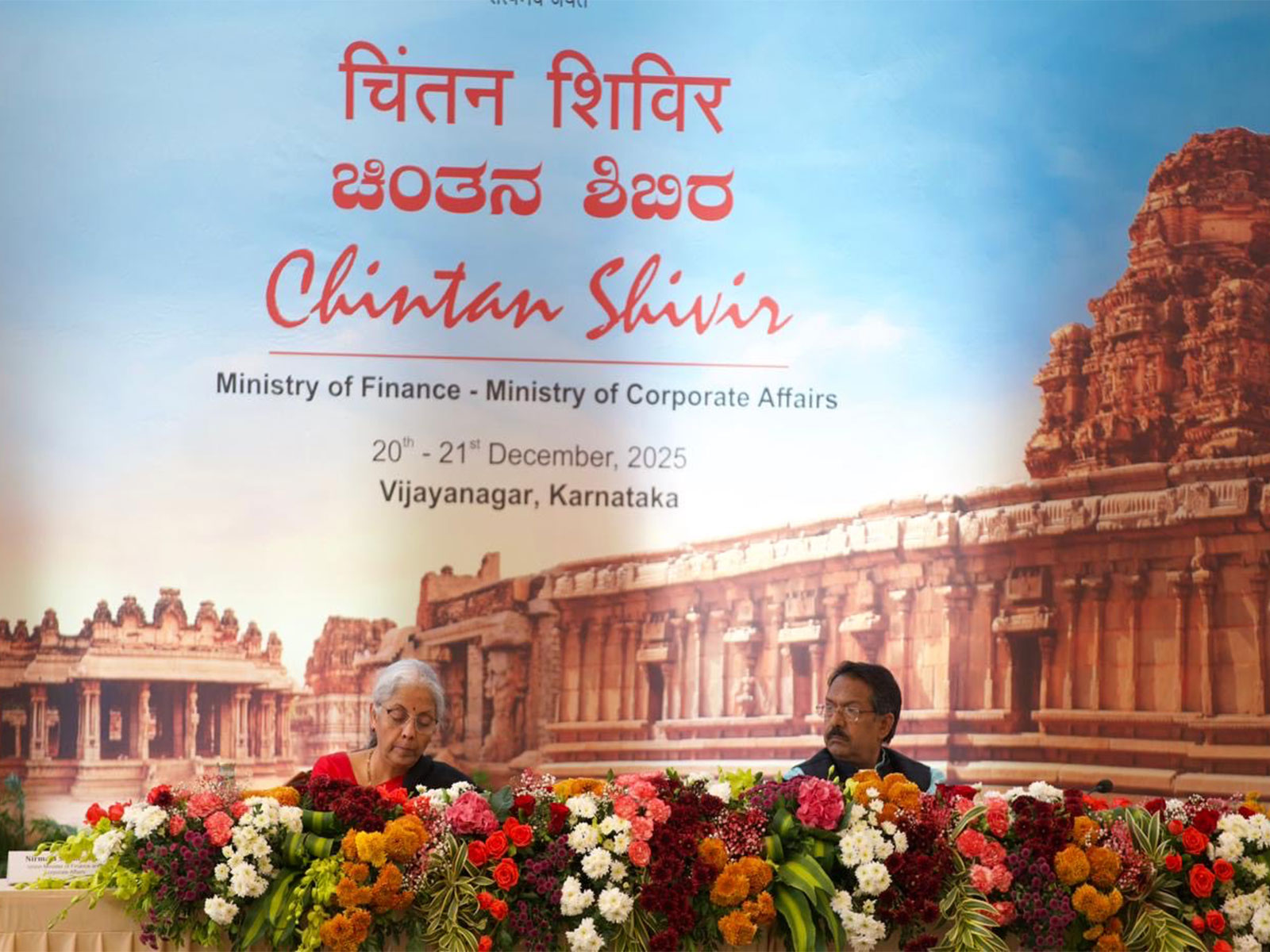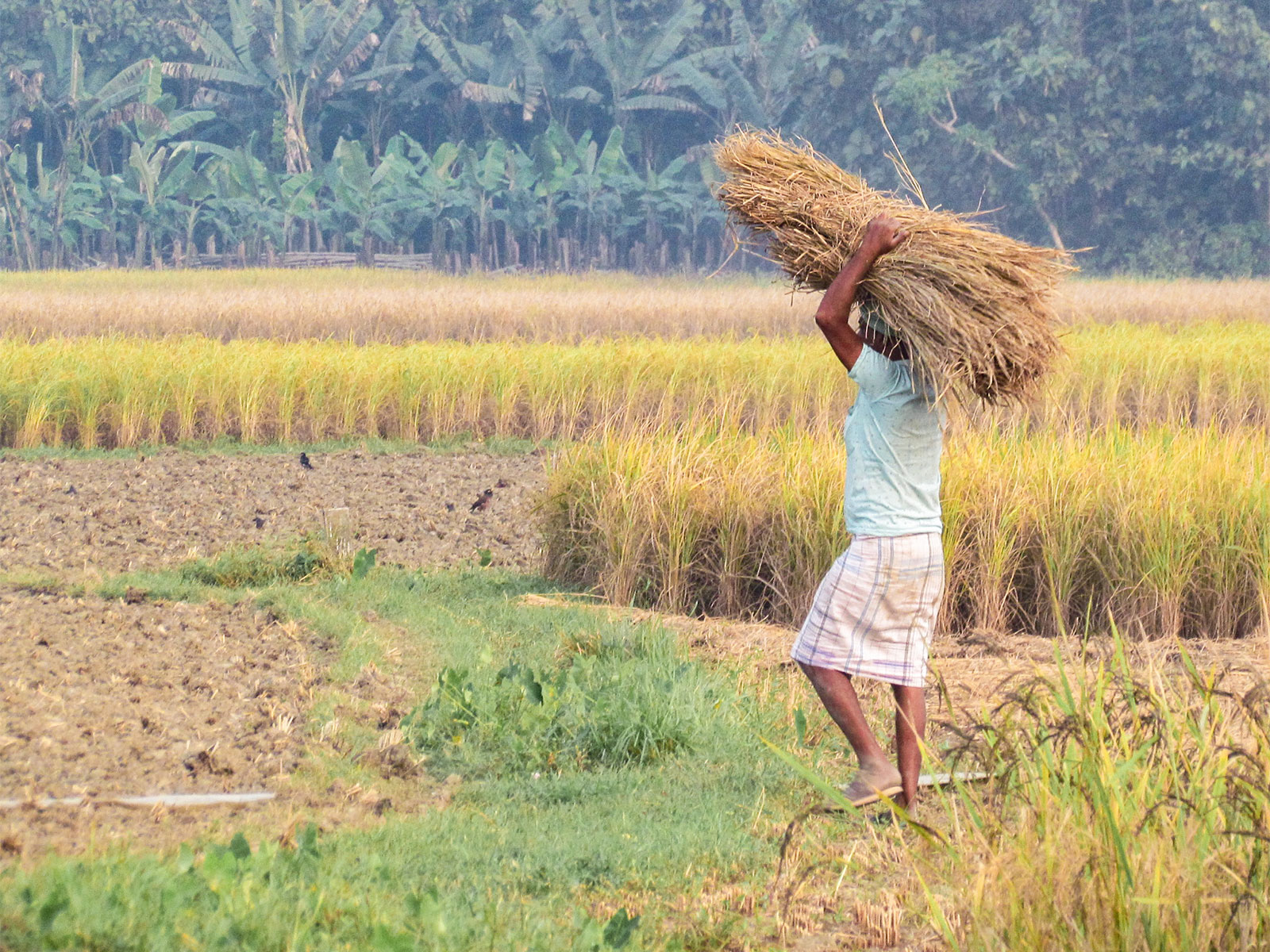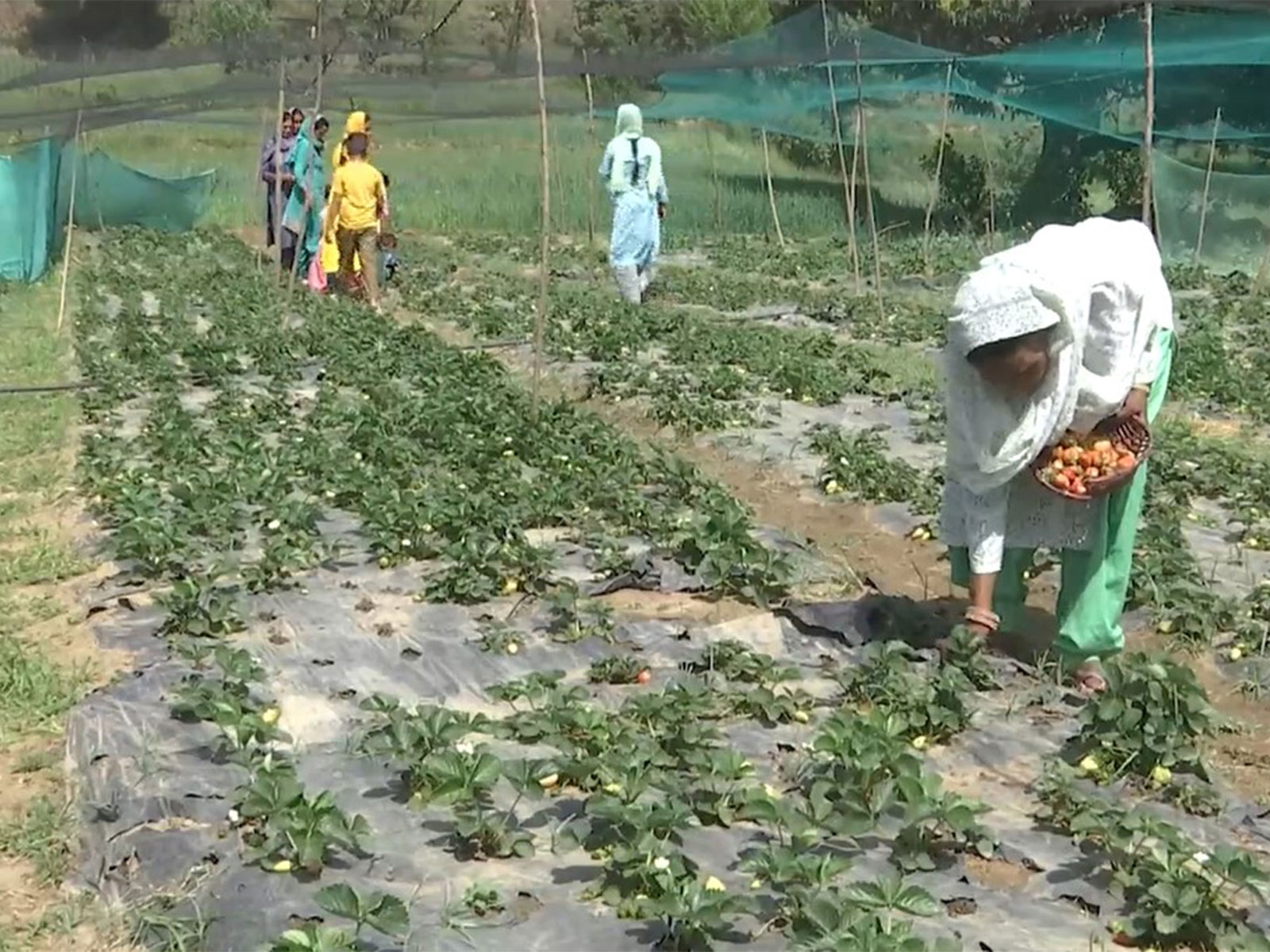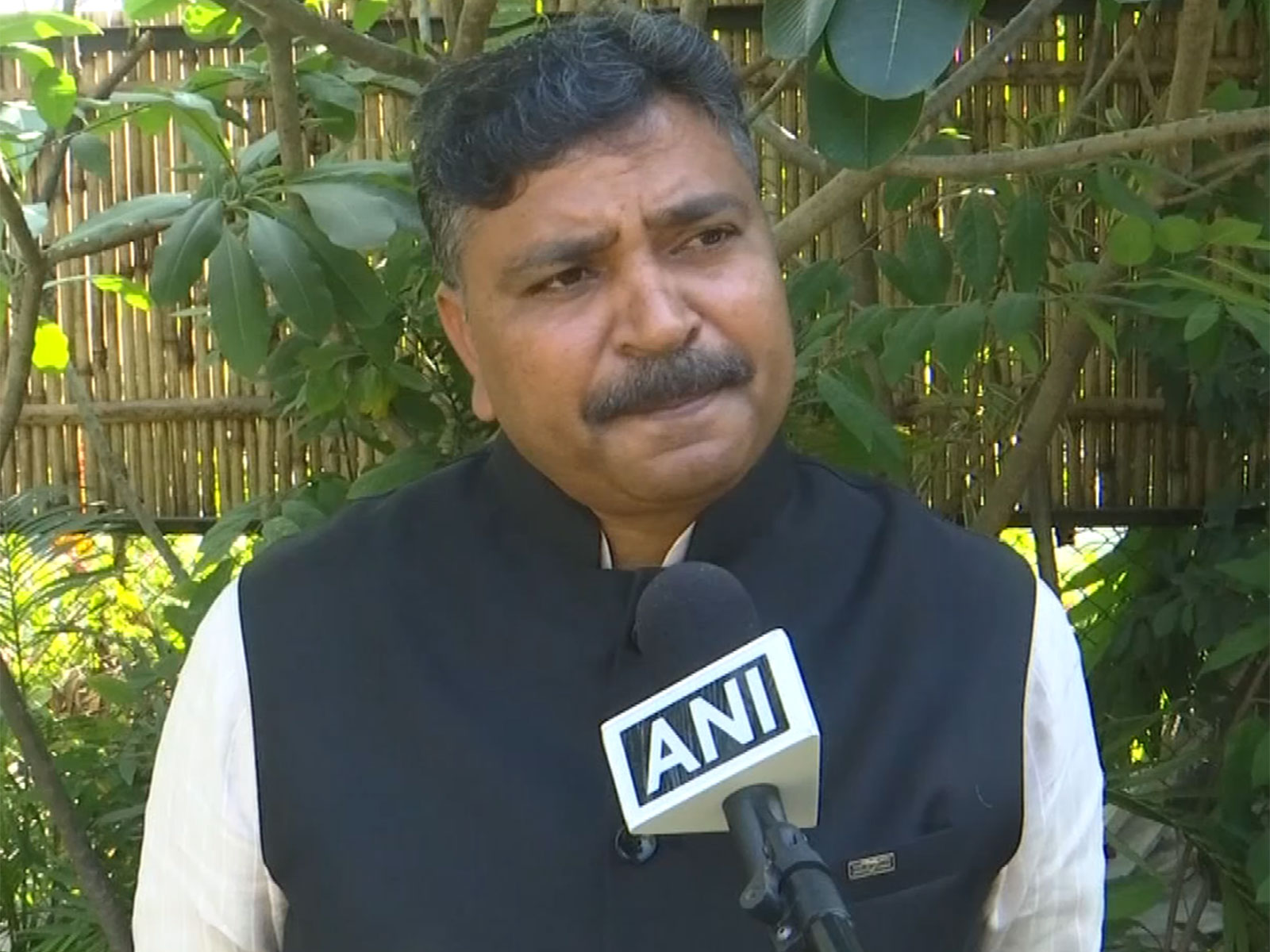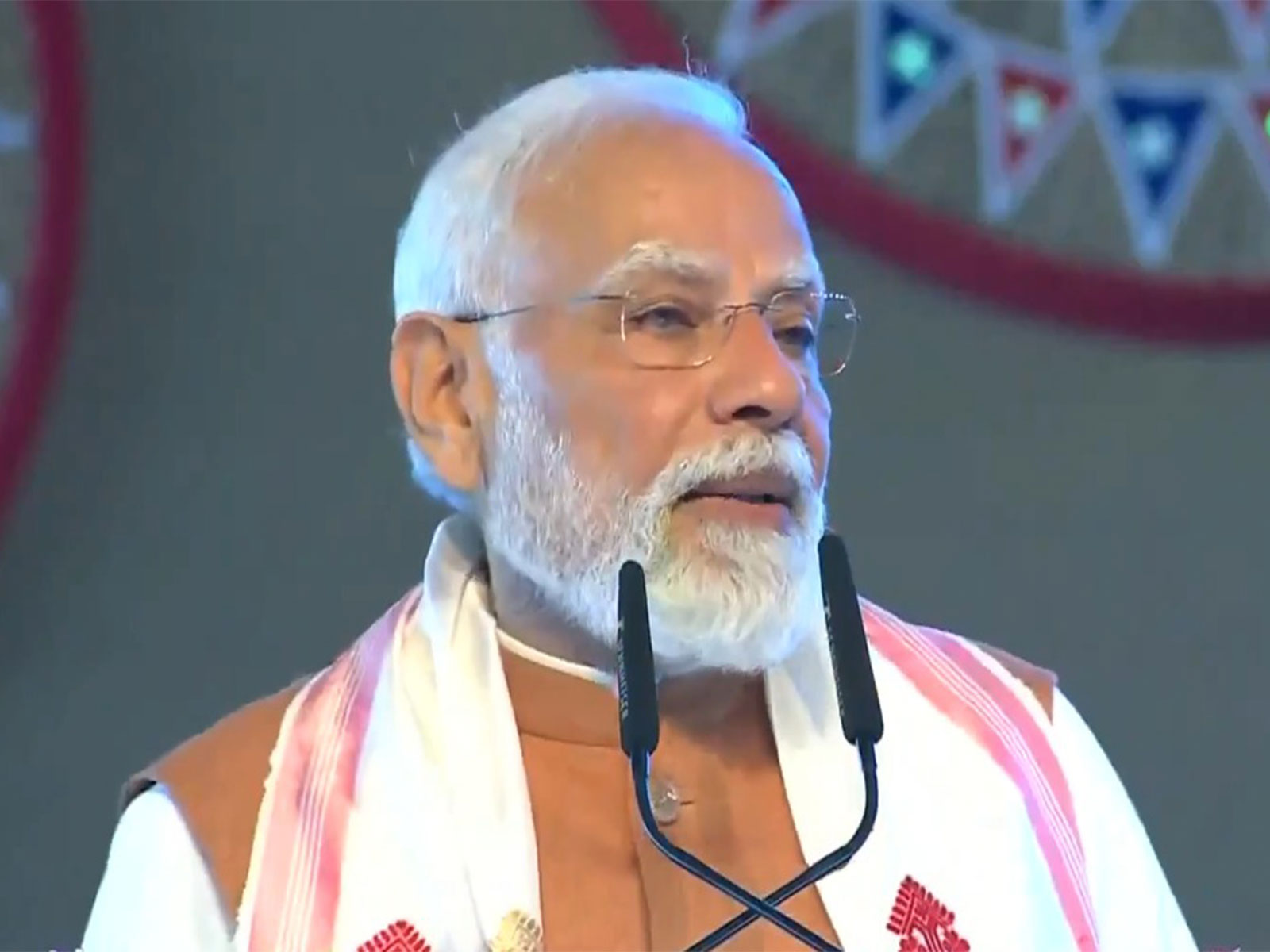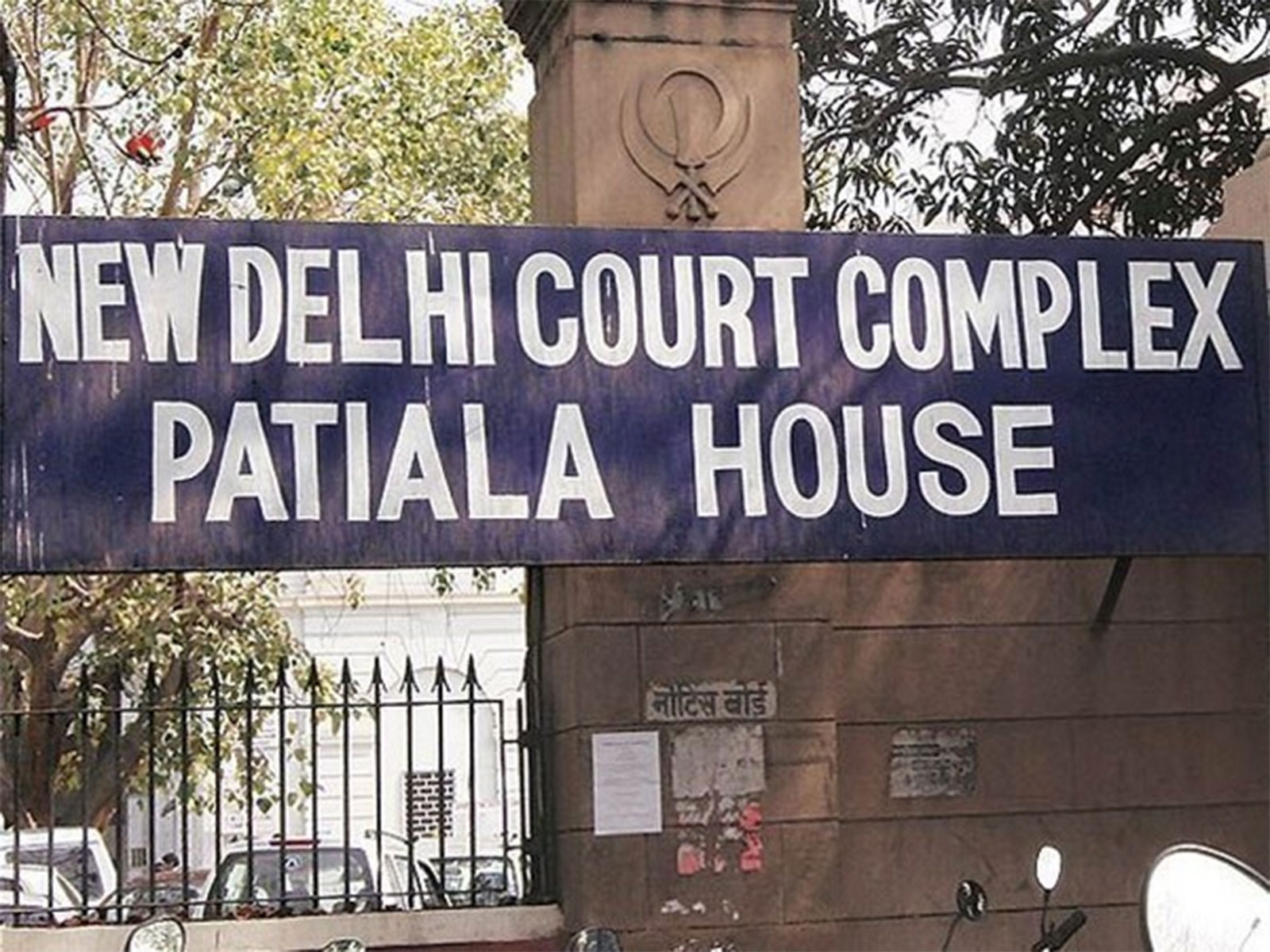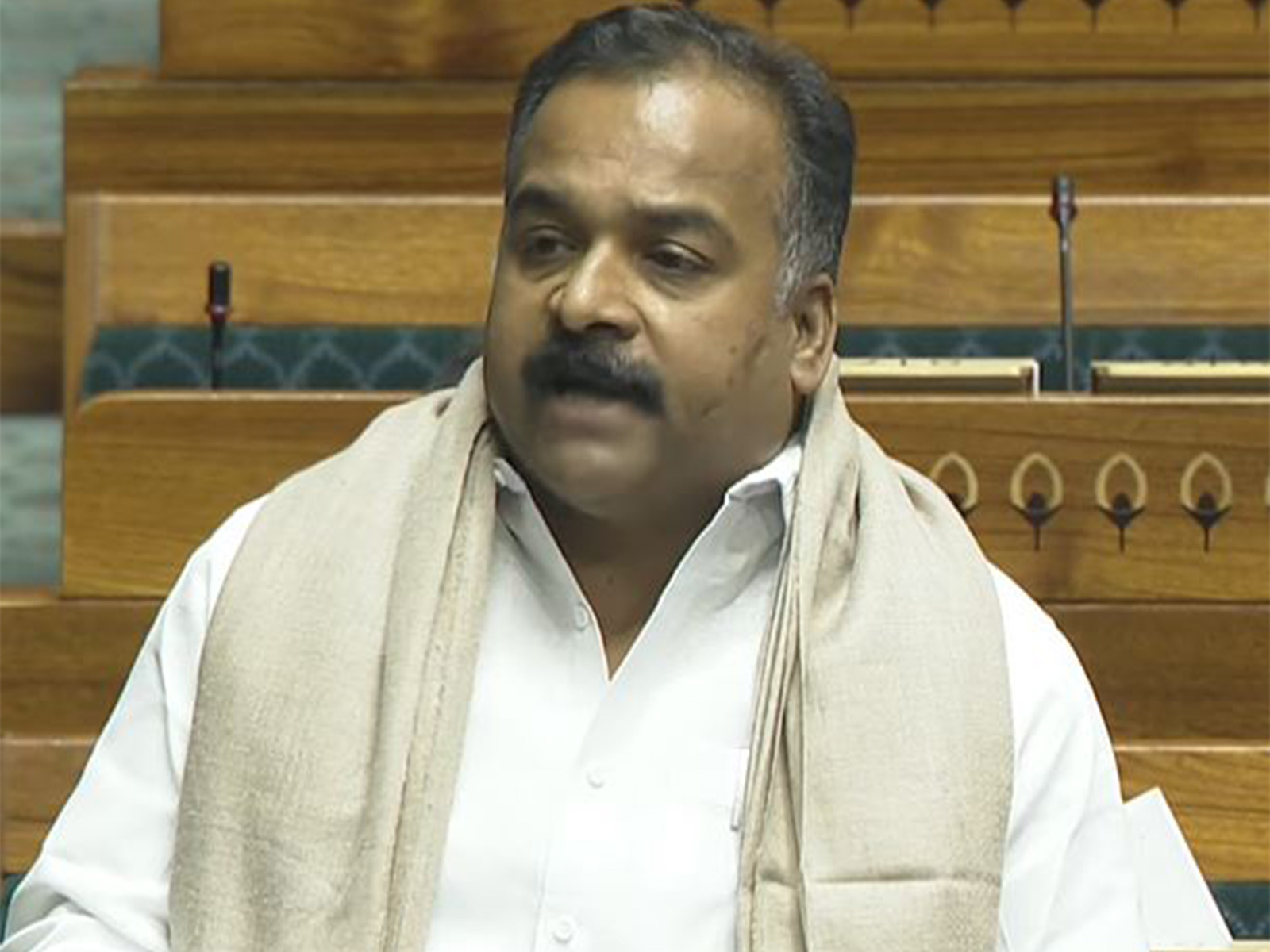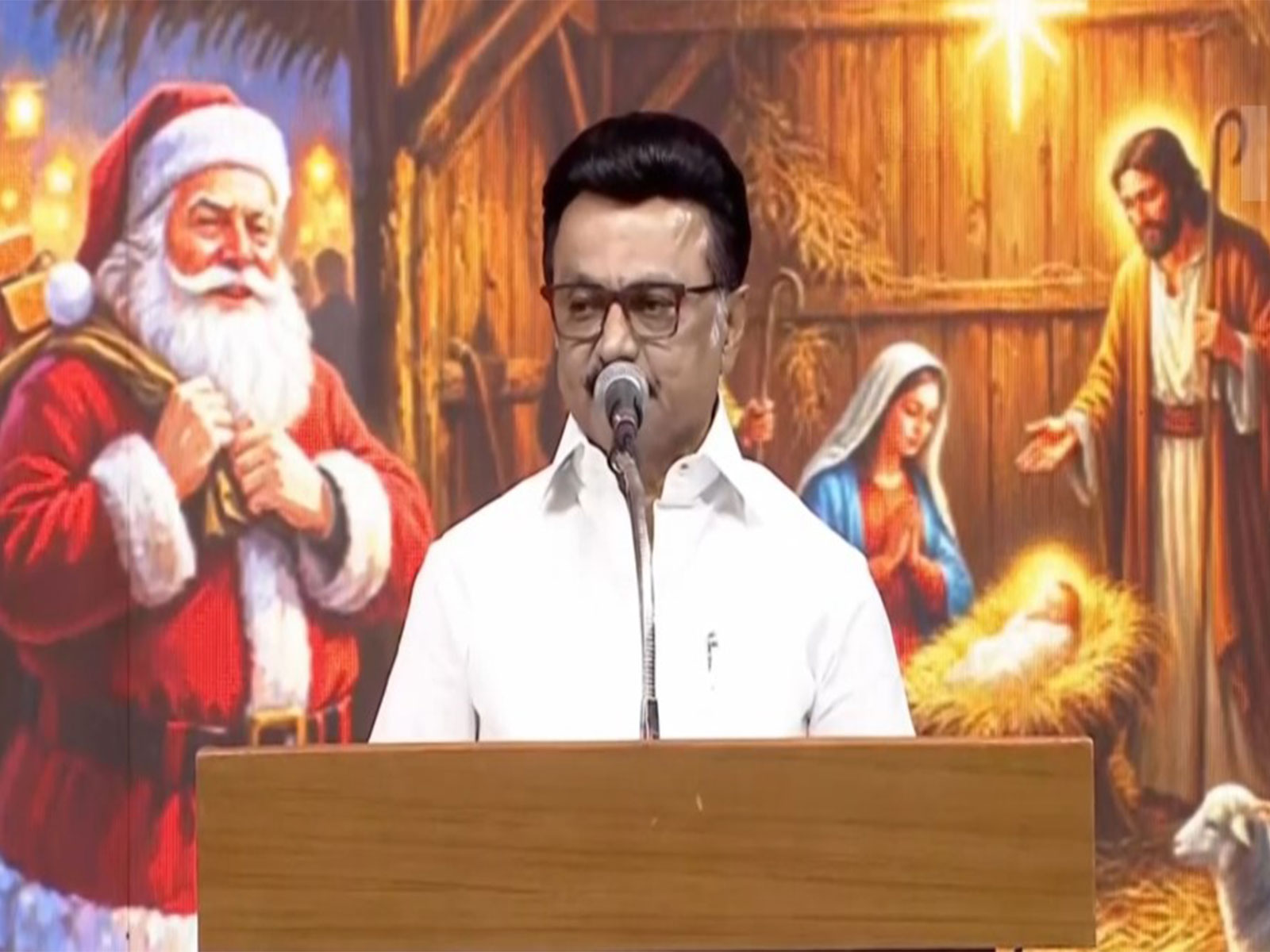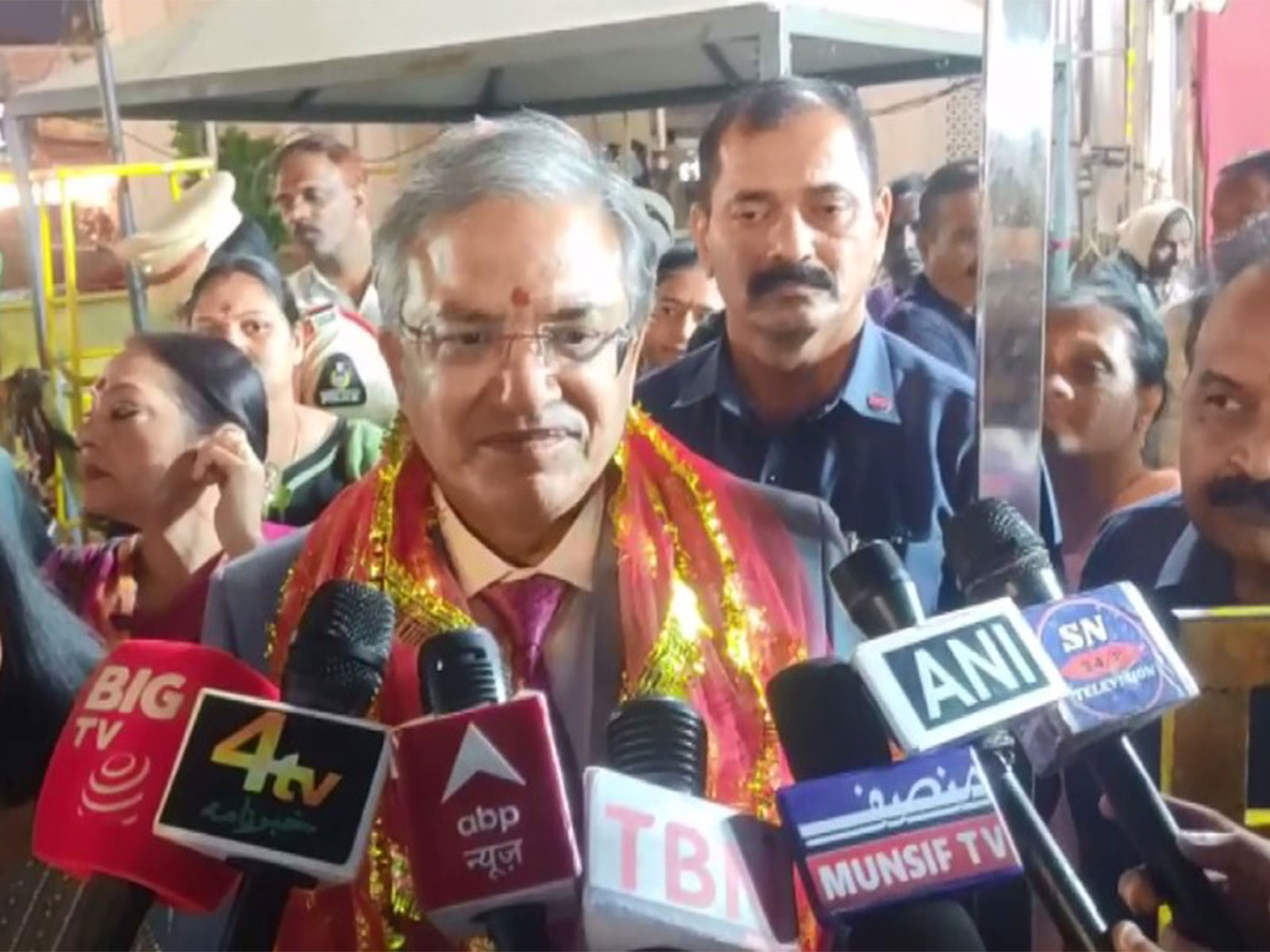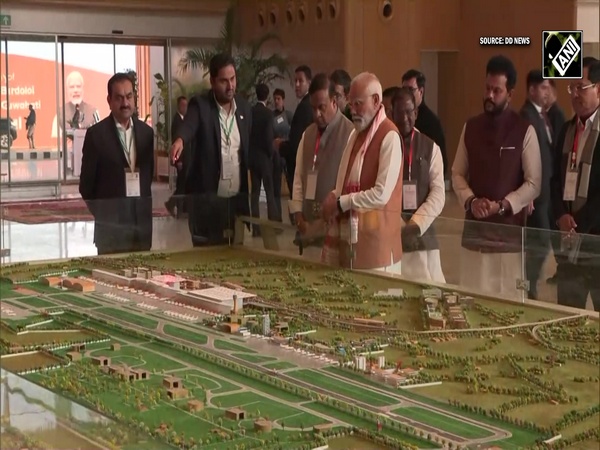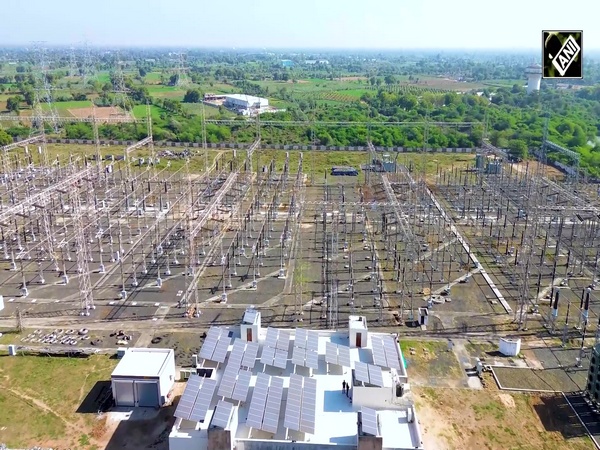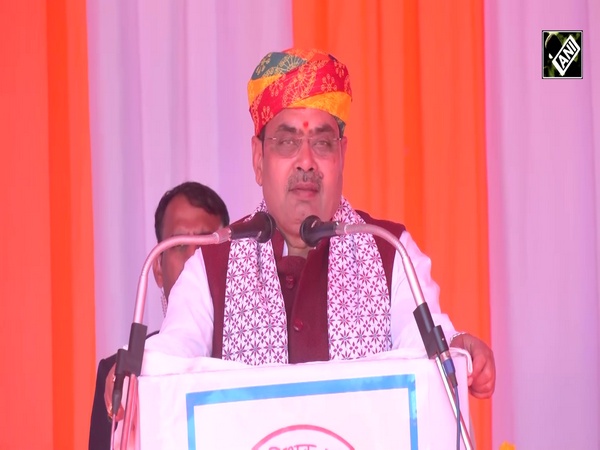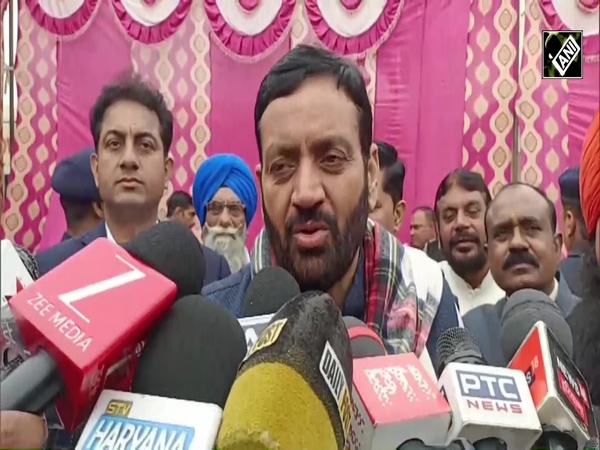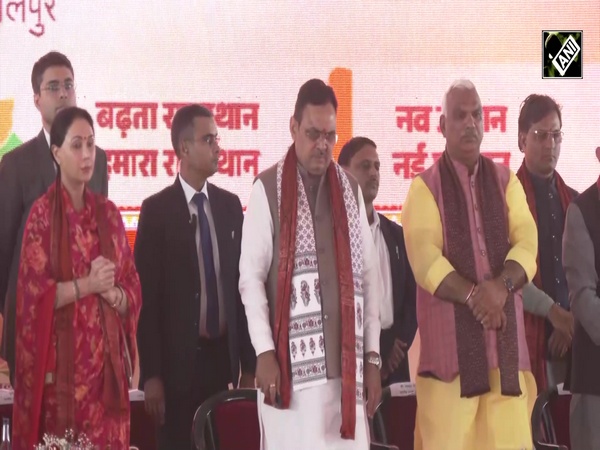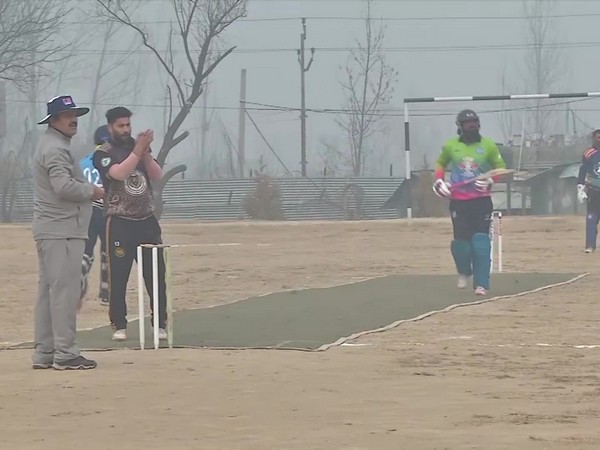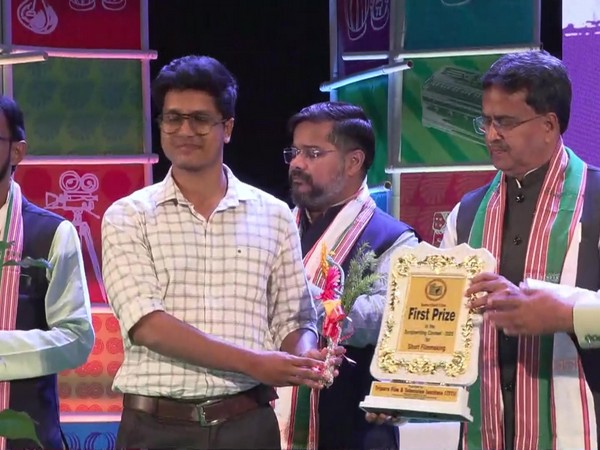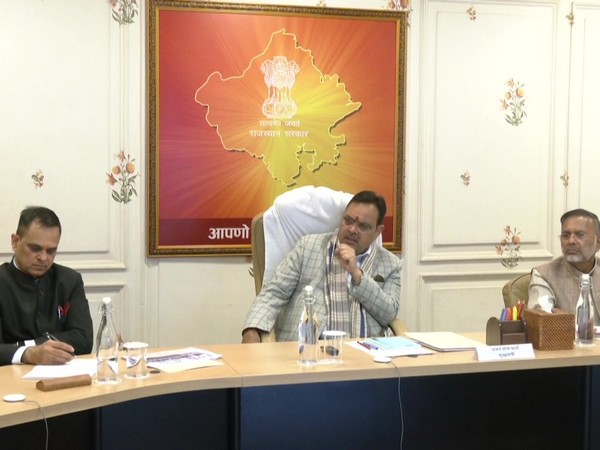Pulmonary Hypertension requires a disciplined approach to life
Jun 06, 2022

New Delhi [India], June 6 (ANI/Mediawire): Fifth May every year marks the day globally to raise awareness about a frequently misunderstood, underdiagnosed or incorrectly diagnosed disease termed Pulmonary Hypertension (PH). The occurrence of Pulmonary Hypertension is not confined to any age, sex, or social background. People often display a visible lack of understanding of being diagnosed with Pulmonary Hypertension by the physicians.
It is hard to diagnose and can be life-threatening in many instances. There is a kind of knowledge vacuum about its causes, prevalence, and treatment. Recognizing the importance of increasing awareness and communication about PH, The Times of India in association with MSN coordinated interaction with health experts in multiple cities to deliberate about PH for common understanding for the people of India.
Medical fraternity defines it as the mean arterial pressure greater than 25mmHg at rest and 30mmHg during exercise. It is characterized by a progressive and sustained elevation in pulmonary vascular resistance that eventually may lead to right ventricular failure and can even lead to death in some cases.
Pulmonary hypertension is a form of blood pressure impacting the arteries in the lungs and right side of the heart. People frequently confuse PH with systemic hypertension. Systemic hypertension occurs when the blood supply from the left side of the heart increases. In contrast, PH refers to the rise in blood pressure from the right side of the heart to the lungs. The systemic hypertension can be measured using a sphygmomanometer, and the PH requires a 2D echo.
The patients often ignore mild symptoms and fail to consult any physicians. It is important to understand that it is hard to diagnose PH during routine physical examination. The disease is difficult to diagnose even during the advanced stages as conditions being like heart and lung conditions. People present to the doctor with an increase in the frequency of chest stiffness, dizziness, and difficulty in performing minor day to day chores. The patients may display nonspecific symptoms such as breathlessness, low energy levels, low oxygen levels, swelling in the limbs, giddiness, eye blackout, and right upper quadrant pain. Symptoms get worse as the disease progresses
Pulmonary Hypertension is common from thirty to fifty years of age, and it is seen that women are sixty per cent more affected than men. In the older age group, the failure of the left heart can eventually lead to failure of the right heart. Other common causes include obesity, smoking, diabetes, drug misuse, systemic hypertension, sleep disorders, sedentary lifestyle, and some weight loss medications may also cause PH.
PH may occur in newborn babies due to congenital heart disease and lung infections. Premature babies with low birth weight are put on ventilators because their lungs are underdeveloped. They may develop broncho-pulmonary dysplasia (damage to the airway, i.e., bronchi causing tissue destruction in the lung's tiny air sacs) and PH because of prolonged ventilation.
The patient may have a history of a heart murmur, DVT, hepatitis, heavy alcohol consumption, genetic predisposition, heavy snoring, morning headaches, and daytime hypersomnolence.
On examination, a systolic ejection murmur may be heard over the left sternal border. The murmur may be augmented by inspiration. A right ventricular heave may be present. Various tests are recommended by cardiologists to diagnose PH by employing chest x-ray, 2-D transthoracic echo, blood tests (to check for hypoxia), right cardiac catheterization, pulmonary function, walk test, sleep study, open lung biopsy, CT - pulmonary angiography.
People with PH must observe strict precautions and discipline during any journey. Travelling by road is safe, but they must get health clearance while travelling by air.
It is necessary to control PH before any surgery because it may lead to death. Anaesthetics do not give general anaesthesia to patients with PH as it may reduce blood flow to the heart and eventually cause death.
Management is multifaceted and includes supportive therapy as well as advanced vasodilatory therapy. Supportive therapy includes oxygen therapy, diuretics, digoxin, exercise, and anticoagulants. Patients should receive their vaccinations against influenza and pneumococcal pneumonia. Advanced therapies should be considered after cardiac catheterization. Doctors may advise advanced vasodilatory therapies depending on the symptoms. A surgeon may suggest Balloon Atrial Septostomy, and a Lung transplant is reserved for patients with severe pulmonary hypertension.
Patients can live everyday life with the availability of vast treatment options. Doctors advise following a high protein diet, supervised exercise rehabilitation, avoiding drugs (such as amphetamine and cocaine) and a low sodium diet to avoid fluids retention, besides regular checkups with the cardiologist.
The Doctors who have participated were -
Bhuvneshwar
Dr H N Mishra, Dr Mahendra Prasad Tripathy, Dr PanchananSahoo, DrChandrakanta Mishra, Dr RusheekantaMohanta, DrBanani
Delhi
Dr Satbir Singh, Dr Pratibha Gogia, Dr Arun Chowdary Kotaru, Dr Vikas Mittal, Dr Sushil Azad, Dr Saurabh Bagga
Jaipur
Dr K K Sharma, Dr Ankit Bansal, Dr Prashant Mahawar, Dr Rahul Sharma, Dr Sanjay Khatri
Kerala
Dr Paramez A R, Dr Girish G, Dr K Venugopal, DrSaji Philip, DrSunitha V Narayanan,
Kolkata
Dr Hema MalathiRath, Dr Ayan Kar, Dr Supratip Kundu, DrSoumyaKanti Dutta
Nagpur
Dr Rajesh Swarnakar, Dr Amar Amale, Dr Bharat Agrawal, Dr Rishi Lohiya, Dr Vikram Rathi, DrAnuj Sarda
Bangalore
Dr Murali Mohan BV, Air Commodore (Dr) Ajay Handa, Dr Prashant Bafna, Dr Kumar Kenchappa, DrLaxmi H Shetty, DrVithal D Bagi
Vijayawada
Dr Bhaskara Naidu, Dr Krishna Chand Kagita, Dr P Raghuram, Dr P Sudarshan, Dr Narendra Vadlamudi, Dr T Aruna
Ahmedabad
Dr Tarun Madan, Dr Jay M Shah, DrJayal Shah, DrNihar V Patel, Dr Amit Dave
Hyderabad
Dr Rajeev Garg, Dr S A Rafi, Dr Damodhar Reddy Gouni, DrBhageerathAtthe
Mumbai
Dr Prashant Bobhate, Dr Manas Mengar, Dr Vimlesh Pandey, Dr Rahul Gupta, Dr Amit P Gawnde, Dr Harish Chafle
Pune
Dr ShirishHiremath, DrSunil Sathe, DrCN Makhale, Dr Rahul R Patil, DrManojDurairaj, Dr Mahaveer Modi
Chennai
Dr Mahilmaran, Dr Vimal Kumar, Dr Vivek, Dr G.Bharath Kumar, Dr Ravindran, Dr Sabarinath Ravichandar
This story is provided by Mediawire. ANI will not be responsible in any way for the content of this article. (ANI/Mediawire)
